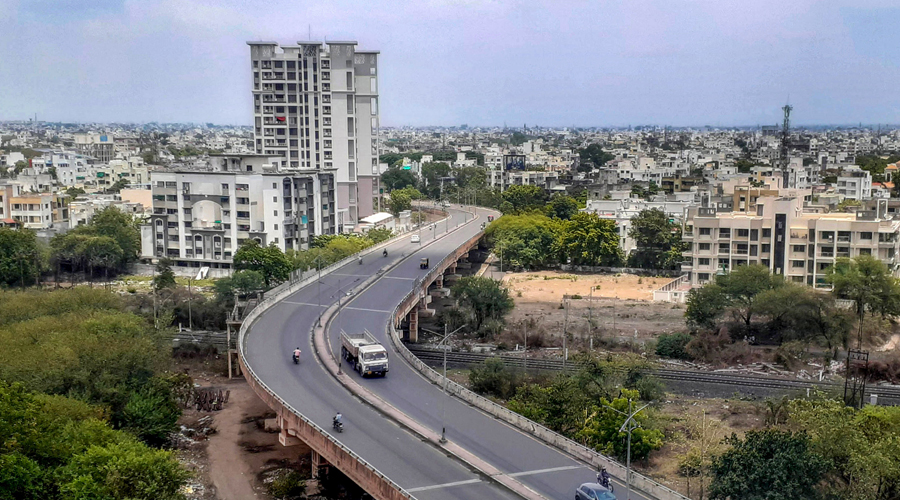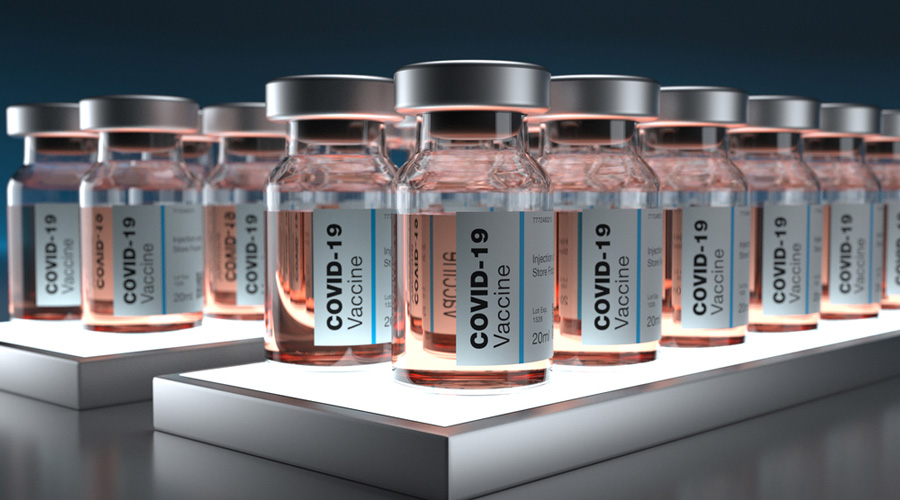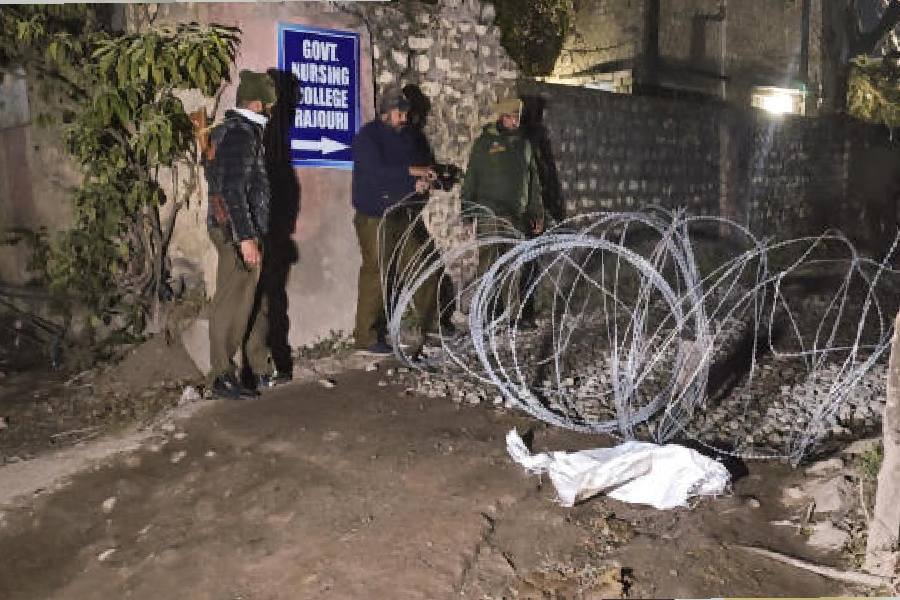Districts across the country should relax lockdowns after vaccinating 70 per cent of their populations 60 years or older and those above 45 years with chronic health disorders, top health officials said on Monday, underlining criteria for easing restrictions.
The officials who are guiding India’s response to Covid-19 signalled the need for caution alongside steps to ease restrictions, pointing out that the epidemic is currently shrinking only because lockdowns and other precautions have suppressed transmission of the virus.
“Unlocking has to be done very patiently, guided by the amount of vaccination done for the vulnerable (population) groups,” said Balram Bhargava, director-general of the Indian Council of Medical Research (ICMR) and member of the national Covid-19 task force.
A test positivity rate — the proportion who test positive among those tested daily — in a district should be less than 5 per cent over a week for the district authorities to consider relaxing restrictions, he said.
The test positivity rate is a measure of the epidemic’s size and should be ideally lower than 5 per cent.
The number of districts with test positivity rates 5 per cent or lower has increased from 92 in the week ending on May 7 to 350 in the week ending May 31, but 248 districts, including 16 in Bengal, have test positivity rates 10 per cent or higher.
Bhargava said the second criterion should be vaccination coverage. “Vulnerable individuals — those above 60 years and those above 45 with comorbidities (chronic health disorders) — should be vaccinated. Vaccination coverage should be up to 70 per cent,” he said.
“This is an important criterion — districts could prioritise such vulnerable population groups and achieve 70 per cent coverage within days to weeks,” Bhargava said.
India’s count of active Covid-19 patients fell to about 1.89 million on Monday after a steady decline since a peak of over 3.56 million cases on May 7. Only Ladakh, Manipur, Mizoram and Sikkim have added to the total number of cases over the previous 24 hours.
But health officials say testing results underline epidemics that need to be better controlled in at least 248 districts where test positivity rates are still 10 per cent or higher — including in Calcutta, Darjeeling, Hooghly, Howrah and Nadia, among others in Bengal.
Thirty-four districts in Tamil Nadu, 25 in Karnataka, 21 in Odisha and nine in Maharashtra are also among those with test positivity rates higher than 10 per cent.
“We have to be very cautious. We have only suppressed the virus. We cannot make mistakes,” said Vinod Paul, the chair of the national Covid-19 task force, urging continued adoption of the standard responses such as testing and containment efforts and the use of masks and avoiding crowds
“We need to prepare ourselves for future scenarios…. If we adopt the protocols individually and collectively, why should another wave come? In five or six months, our vaccination plan would have advanced to a point where our population would be protected,” Paul said.
The nationwide vaccination campaign that started on January 16 had until May 31 inoculated over 45 million people nationwide with the two doses required for full protection. This is around 5 per cent of the eligible population estimated to be between 900 million and 950 million.
Health officials are hoping that increased production of the existing Covid-19 vaccines — Covishield and Covaxin — and the entry of new domestic and imported vaccines will allow India to vaccinate all eligible persons by the end of this year.
Health experts say that India would need to inoculate over 4 million persons every day through the rest of the year to meet that target. The average daily inoculation during May was around 2 million doses.












